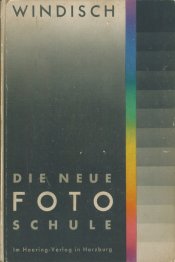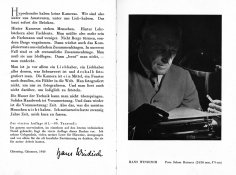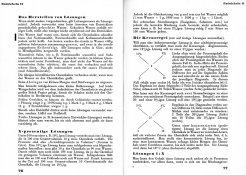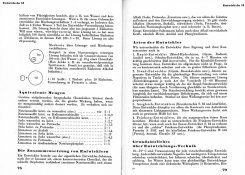Sure, i will use + notation, even if some will use : i will consider it as +.
That's what most of us do.
Steve.
Sure, i will use + notation, even if some will use : i will consider it as +.
It is suprising as you insist on your true. One true.Yuckity yuck.......
 )
)



It is suprising as you insist on your true. One true.
What surprised me is the Americans in the thread that think 1:50 means 1 + 49. They certainly weren't taught that in school, unless they had a foreign teacher who was unfamiliar with American usage.

What confuses me is why anyone in either camp would think 1:1 = "stock solution", why would you label some thing as a mixture if it was not?????
So, what is unambiguous?
How about 1 part A and 1 part B to make 2 total parts. Or 1 part A and 9 parts B to make 10 total parts. You can substitute liters, ml, oz or quarts for the word parts! This is not ambiguous.

Tony I bet that everyone agrees that : can be ambiguous but in the small-analog-darkroom-chemistry-mixing-community, does anyone ever (manufacturer or member here), ever list their recipes and use the : to mean the methodology you describe, used in this community? ...but I ask you seriously, does anyone really use : in the manner you describe in photographic circles? If the answer is yes, then I think your point is extremely valid, otherwise you are using some obscure methodology (to the photographic community) to make your point
There's a reason that chemists use molarity - only the initiated understand the definition so we don't have to defend it.

There are four people in the first 14 posts who hold this same view; that is, the colon can be confusing while the plus
So have I but not everyone agrees with us!
Steve.
I can just as easily post here in Swahili by using a English to Swahili translator, but that is generally not the communication convention used here, see my point?

As Winston Churchill said, "Two countries divided by a common language".

Someone should compile a book titled "Quotes That No One Ever Said."
But if you are complaining about the editing, I charge $250/page for editing, PayPal me that amount and I will happily check my quotes, spelling, and grammar and make any needed changes.

If you are not willing to pay that, STFU.

But if you are complaining about the editing, I charge $250/page for editing, PayPal me that amount and I will happily check my quotes, spelling, and grammar and make any needed changes. If you are not willing to pay that, STFU.
You should edit your own text for free. Only charge to do other people's!
What does SAIE mean?
Steve.
| Photrio.com contains affiliate links to products. We may receive a commission for purchases made through these links. To read our full affiliate disclosure statement please click Here. |
PHOTRIO PARTNERS EQUALLY FUNDING OUR COMMUNITY:  |